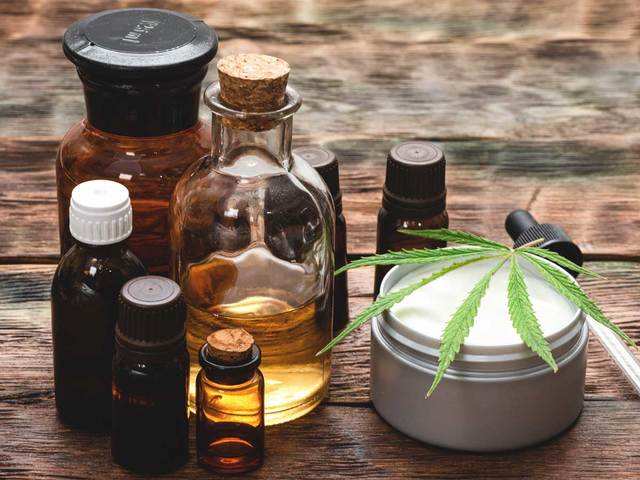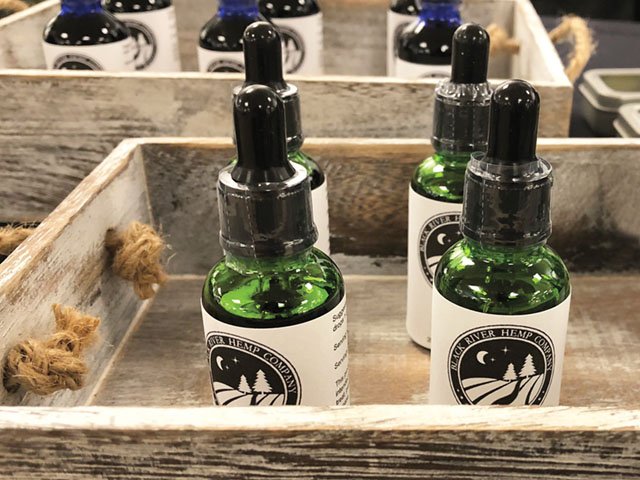Depending on the use, hemp is organized into two distinct groups: Hemp, used primarily for recreational purposes because of its intoxicating properties, can have medicinal value. Hemp, on the other hand, is valued for its medicinal compounds, fiber, and seeds that are collectively used in more than 25,000 known products.
Compared to hemp, medicinal compounds of interest found in hemp are not intoxicating, e.g., cannabidiol (CBD). In European and North American countries, to be legally classified as hemp, the crop contains no more than 0.2% or 0.3%, respectively, of the intoxicating compound D9-tetrahydrocannabinol (THC). This level of THC in hemp is insufficient to induce intoxication.
What is hemp seed oil?
Hemp seed oil is a light green oil made from cold-pressed hemp seeds. It is different from CBD extracts, which are produced from hemp flowers and leaves. The pressed seeds release an oil containing >90% polyunsaturated fatty acids.4
Hemp seed oil is said to have many health benefits, including protecting hair from damage. Clinical researchers are still working out the fine details of how, specifically, hemp seed oil works on hair. Proponents of the practice suggest that research on other similar oils that benefit hair may also apply to hemp seed oil.
For example, according to a 2015 research article, certain oils, such as coconut oil: may play a role in protecting hair from damage by preventing excess water from being absorbed and helping hair prevent the penetration of certain unwanted substances into hair follicles.
The hemp seed oil contains linoleic acid (LA) and α-linolenic acid (LNA) as its main omega-6 and omega-3 polyunsaturated fatty acids, respectively. These fatty acids comprise the majority of desirable contents of the oil, especially due to the ratios in which they exist. The 3:1 ratio of LA to LNA is claimed to be optimal.5 The additional presence of gamma-linolenic acid in hemp seed oil ultimately makes its nutritional value superior to most comparable seed oils. The myriad of benefits reported to be attributable to omega-3 fatty acids includes anticancer, anti-inflammatory, and anti-thrombotic properties.

Components of hemp oil
The hemp seed oil also contains a wide variety of bioactive such as cannabinoids, terpenes, and flavonoids. and other powerful antioxidants.
CBD (cannabidiol) is one of the most common active ingredients in hemp. While CBD is an essential component of medical hemp, it is derived directly from the hemp plant, which is – as explained above – a cousin of the hemp plant.
While CBD is a component of hemp (one of the hundreds), it alone does not cause a “high.” According to a World Health Organization report, “In humans, CBD does not exhibit effects indicative of any abuse or dependence potential….. To date, there is no evidence of public health-related problems. problems associated with the use of pure CBD.”
According to 2014 research, it is very likely that CBD can reach the sebaceous glands. in the scalp and may well reach therapeutically sufficient concentrations where CBD has the potential to act by improving dandruff, seborrheic dermatitis, eczema, and itchy, flaky scalp.6
In addition to CBD, hemp oil contains vitamins A, B, C, D, and E, carotene, phytosterols, phospholipids, and chlorophyll, along with modest amounts of iron and zinc. For more great articles and information about hemp, please visit Hemponix to learn more.,




